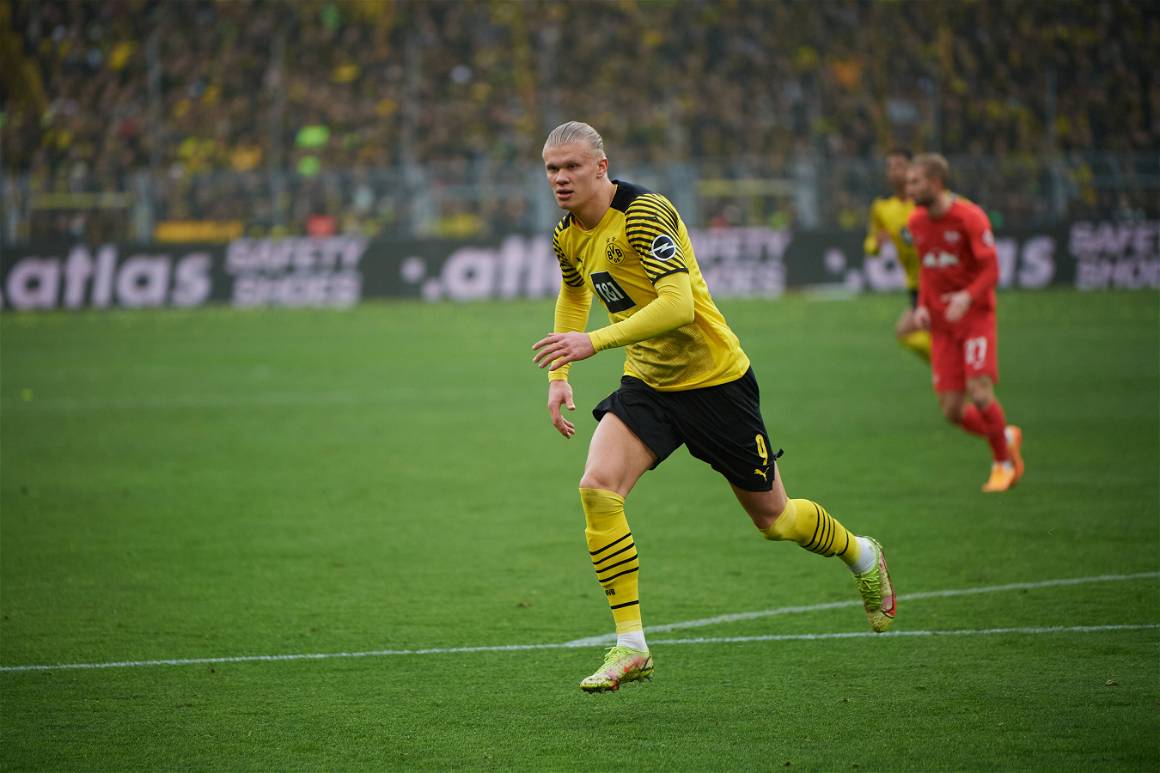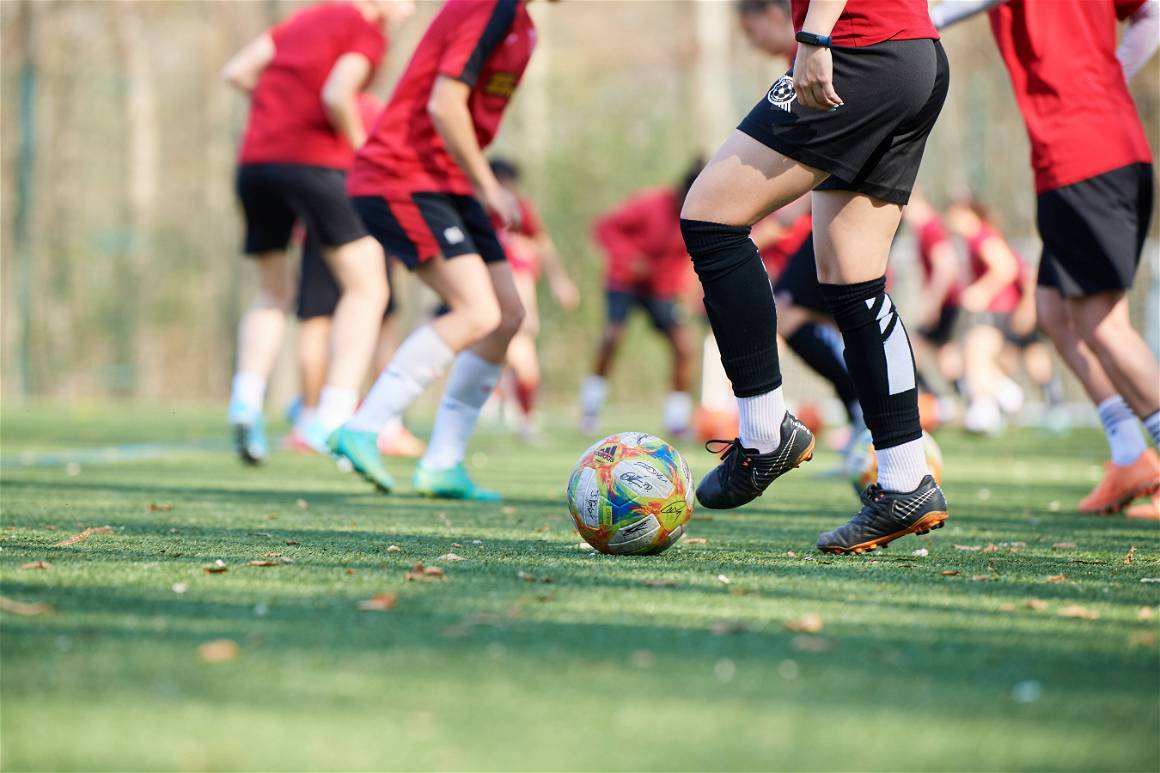"We were going to the bomb shelter, but by chance a cab driver came and took us to the railway station. We had six minutes to gather our things."
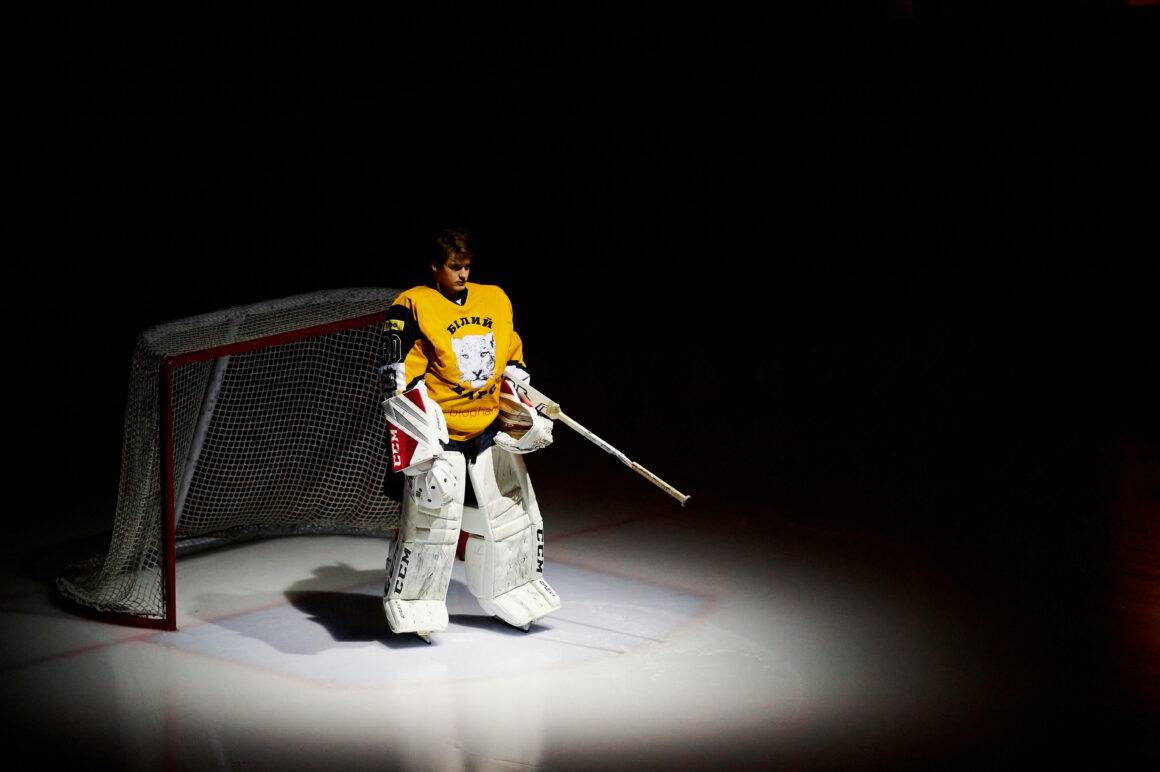
From Kharkiv to Cologne – an interview with Ukrainian photographer Vitalii Kliuiev
A bit of luck, a lot of hustle and a kind taxi driver helped IMAGO photographer Vitalii Kliuiev and his family, including the cat, reach safety as their home was under fire from Russia’s military invasion into Kharkiv. Closely following Ukrainian sports leagues with his camera, he has also been face-to-face with some of football’s biggest names in the Champions League and now the German Bundesliga. His photos from just days before fleeing the invasion offer a surreal glimpse into what it means to continue one’s craft under the threat of war.
A sports photographer but also a husband and a father, Kliuiev shares his and his family’s difficult journey to Cologne where he has picked up where he left off, and has begun photographing major sporting events in Germany. With the heartache of his country under attack, Kliuiev has had to quickly adjust and push forward in this new reality. IMAGO spoke to him about his perspective and his work.
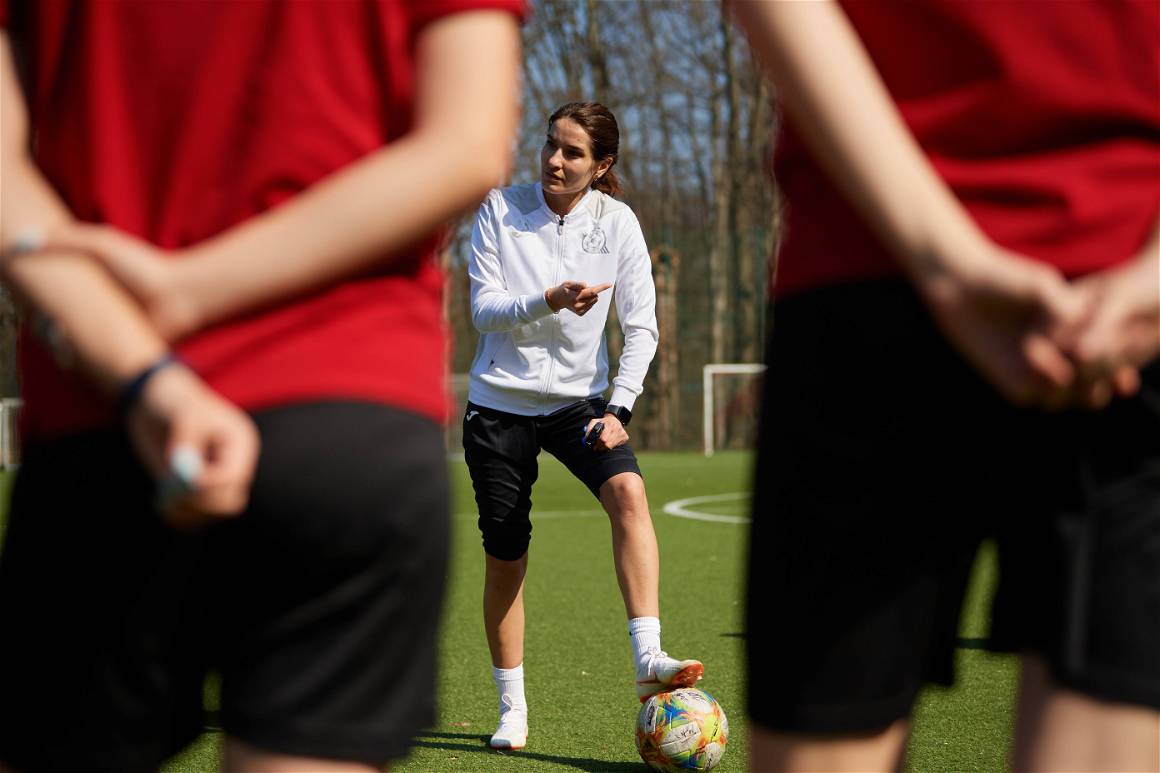
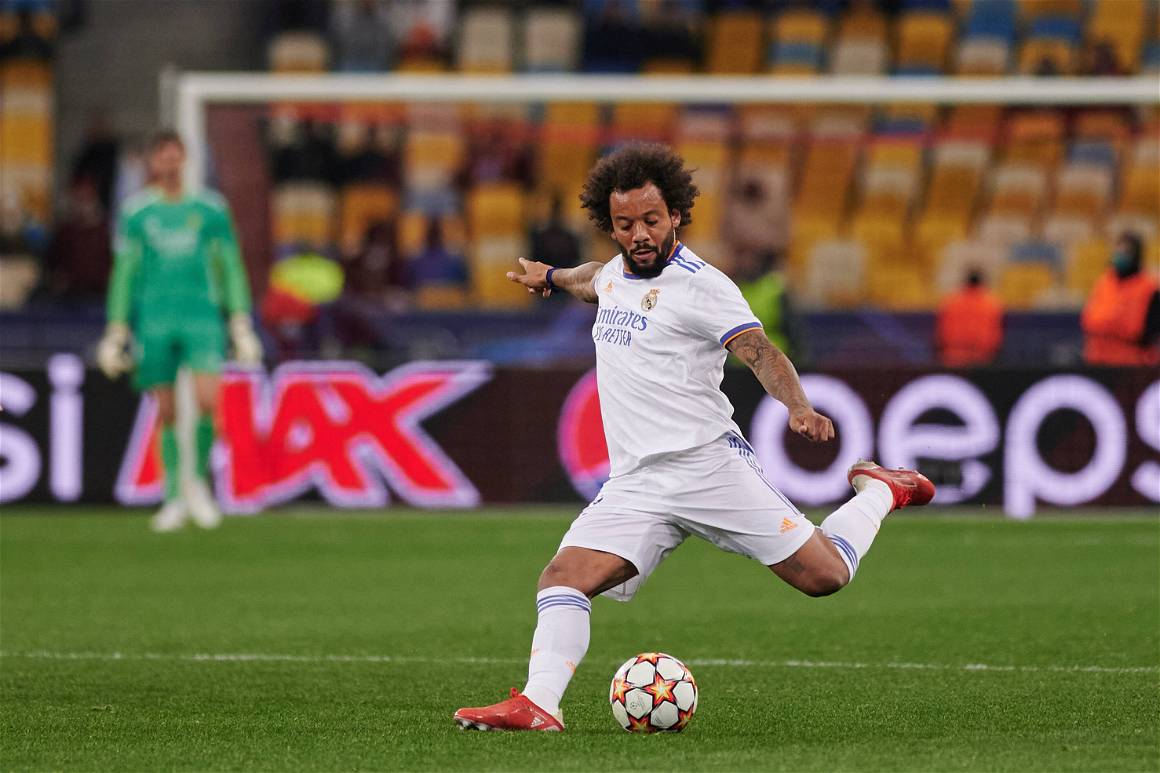
Where exactly are you from, and can you tell us a bit about you and your family’s journey to Germany from the Ukraine as the situation worsened? Where are you now?
I was born in the village of Sutogan. It is located near Lugansk. After graduating from university, I lived in Lugansk and was forced to move to Kharkiv with my pregnant wife because of the war. In Kharkiv we had our beautiful daughter Betty.
The bombing on February 24th found us at home. They bombed near the tram depot, which was located near our house. We were going to the bomb shelter, but by chance a cab driver came and took us to the railway station. We had six minutes to gather our things. We managed to take the documents and the cat. Part of the equipment stayed in Kharkov, because there was no time to pack. I only took what we had after the hockey game, which I photographed 5 hours before the war. Next was the road to Uzhgorod. We rode in the overcrowded trains, in the vestibule, in one place, the three people with a cat. After 14 hours of walking across the border to Slovakia, we got to Prague and then through Dresden to Cologne.
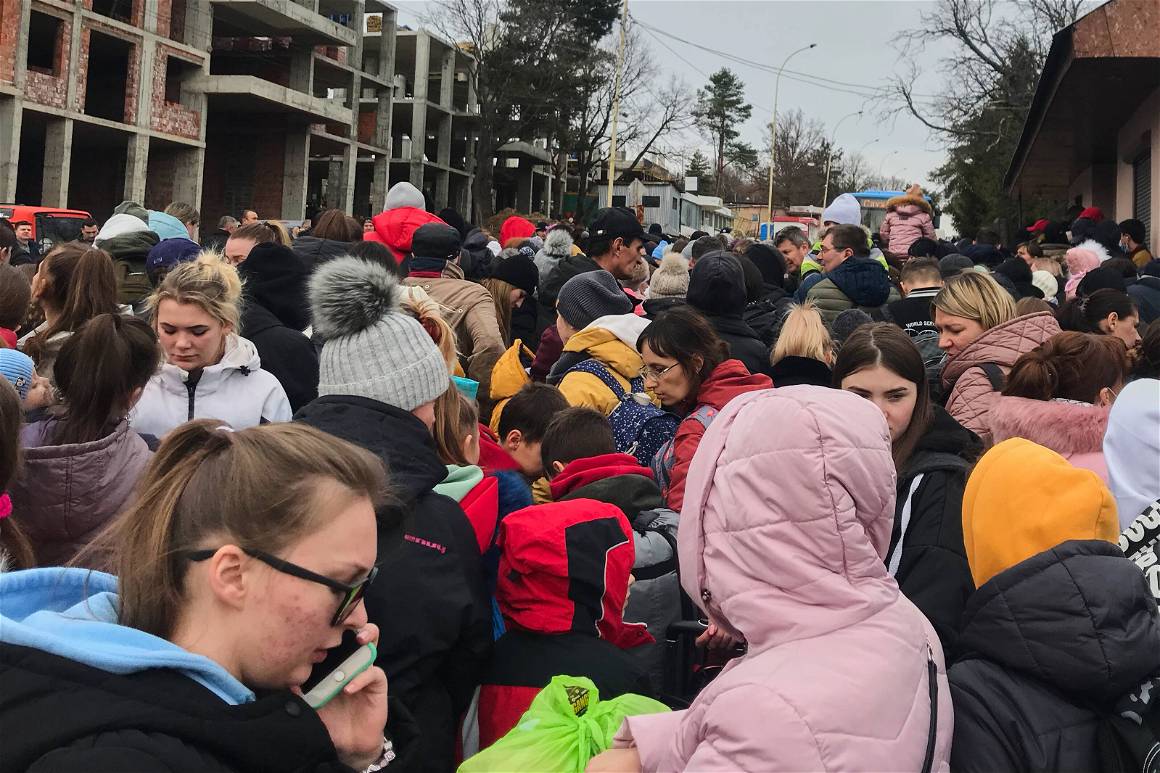
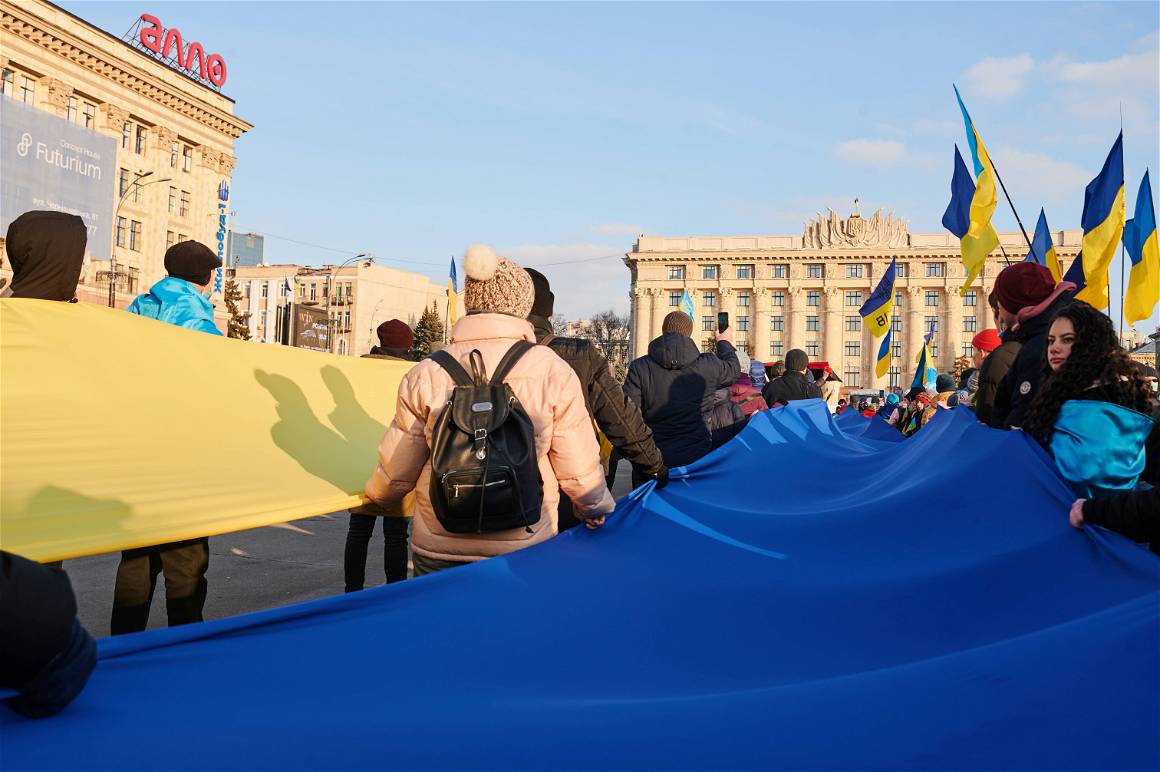
You were photographing an anti-war march in Kharkiv just back in February. What was it like documenting the final moments in your home country before things escalated? Did you and your friends/family expect this to reach such a critical point?
My wife Katya had been saying since December that there would be an escalation of the war, but she thought, as before, on the line of contact, in the Donbass. No one thought there would be widespread bloody invasion.
During the march there was no thought that Kharkiv would be compared to the ground. But after the legalization of the republics, it became clear that there would be a big war.
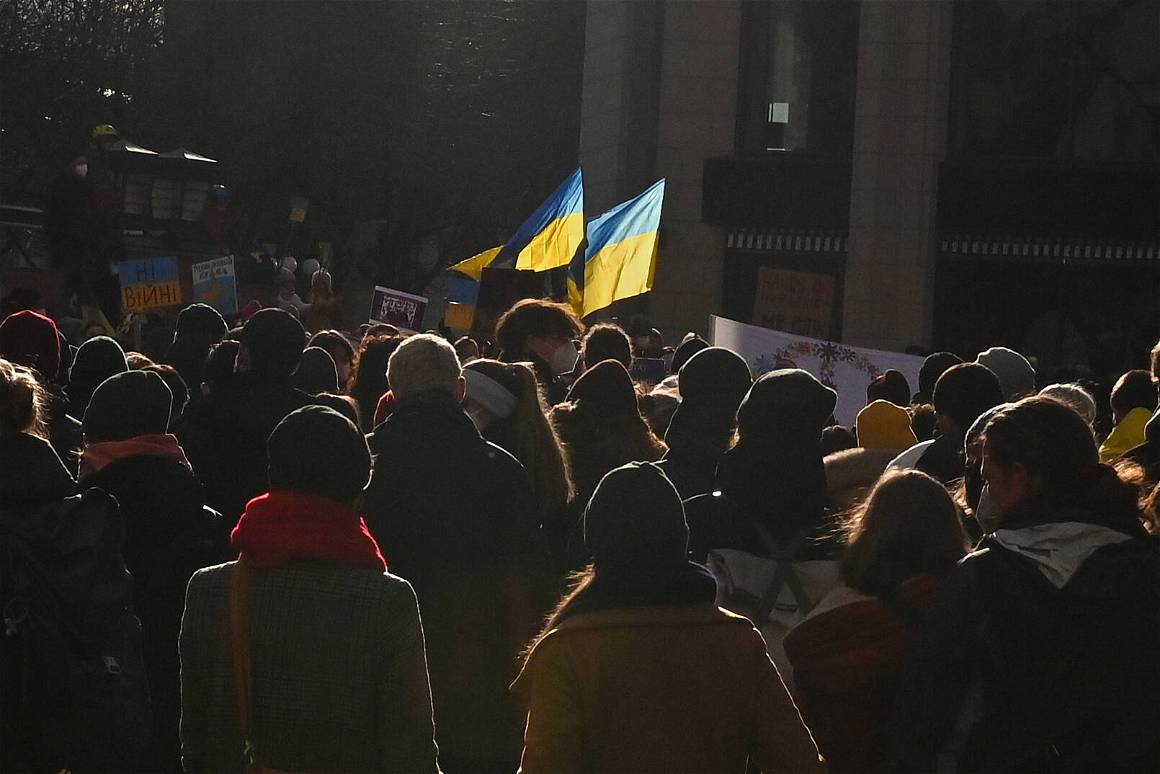
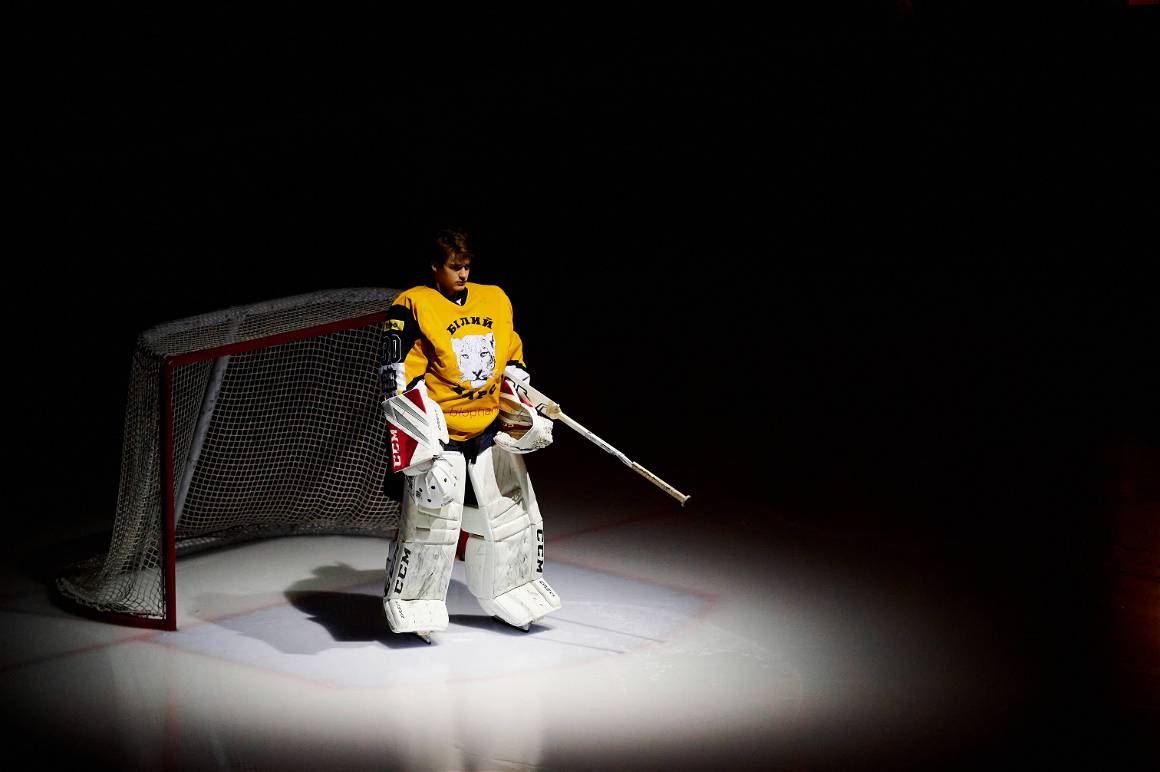
A big topic right now is of course press freedom and the current information war on social media. What is your perspective on this conflict as a photographer and member of the media? What worries you the most?
I am concerned about people’s lives! This is the most important thing! People have to live! If the military wants to flex their muscles, there are military simulators. And people’s lives shouldn’t be ruined because of their whim. Freedom of the press and social media should not be an issue. After all, in 2022, people should think, analyze, and not believe flashy pictures. I hope that reason will win, and the war will be over.
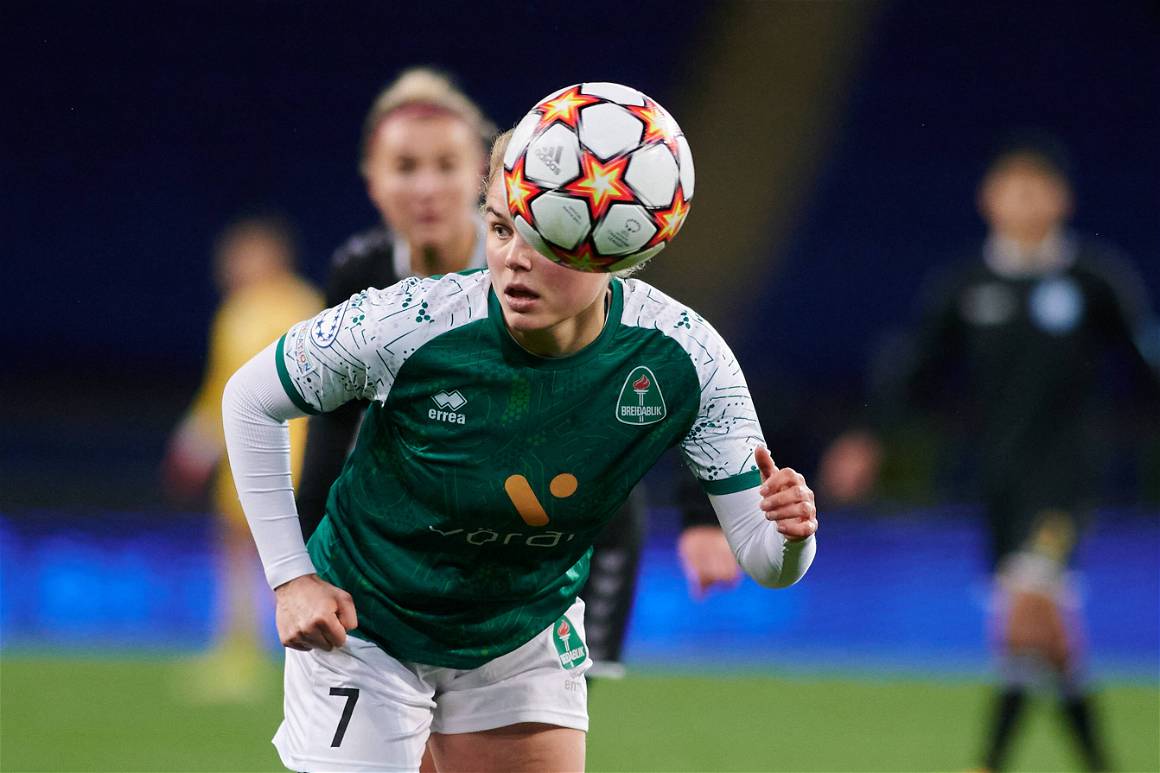
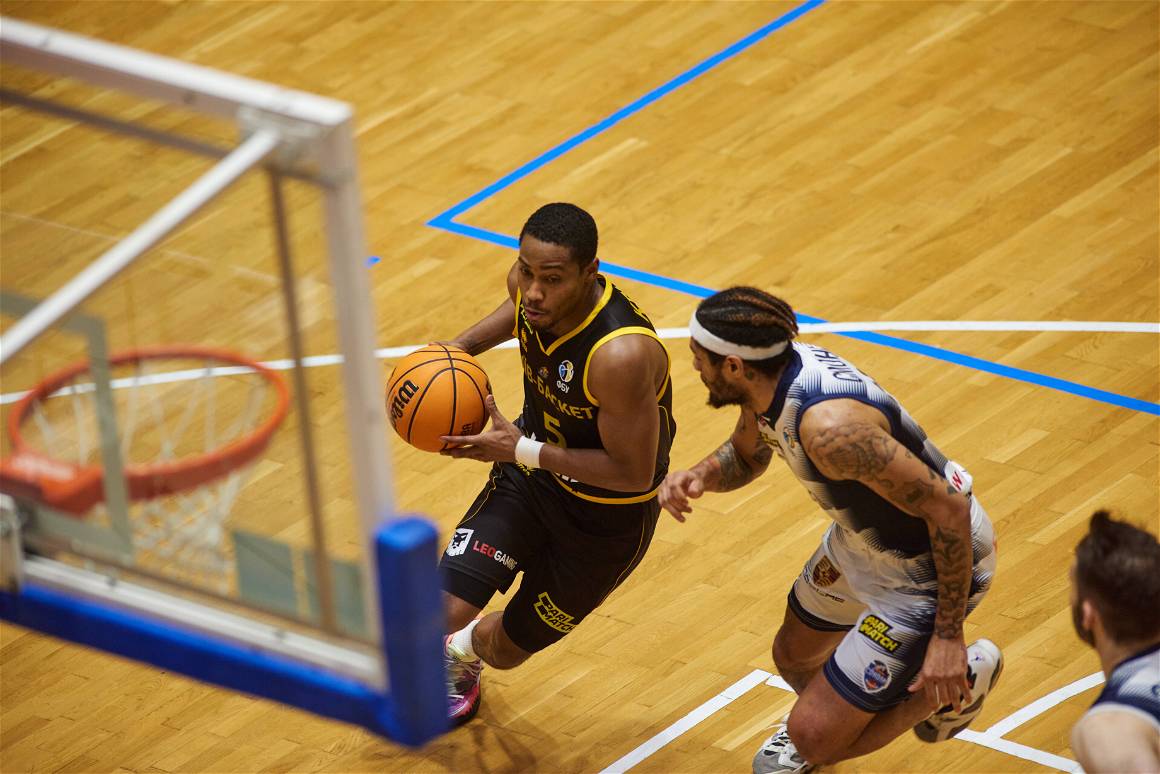
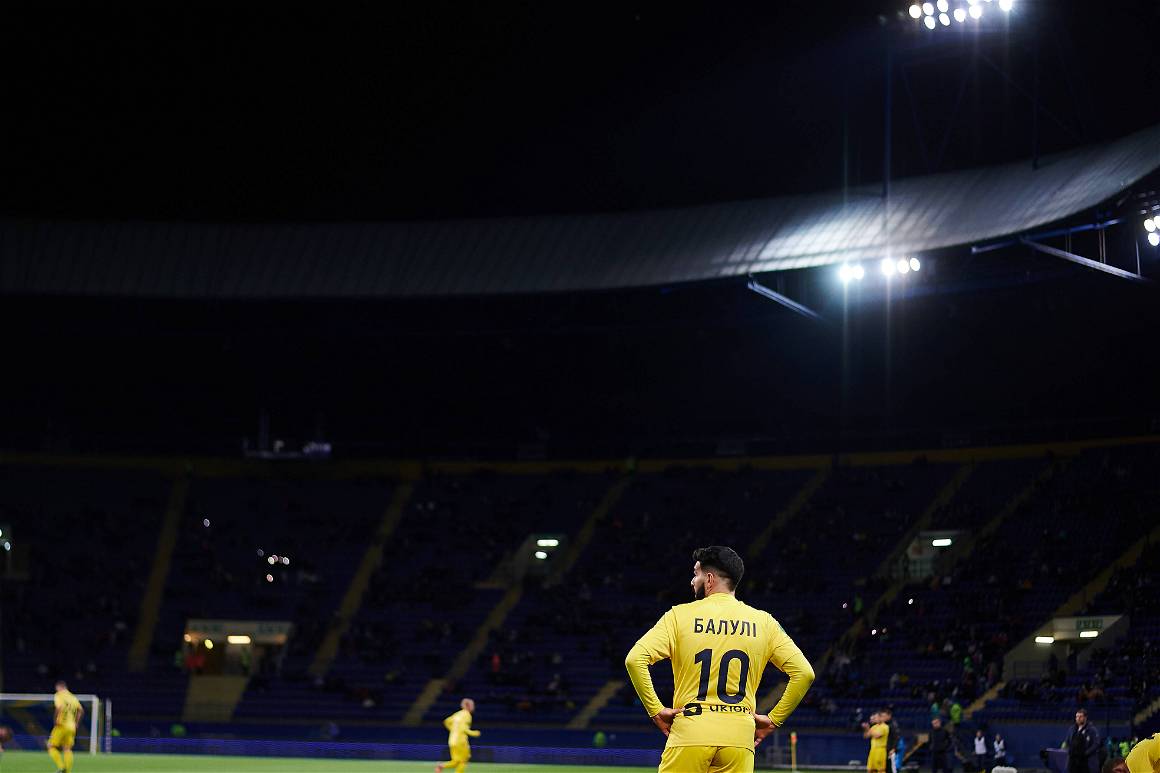
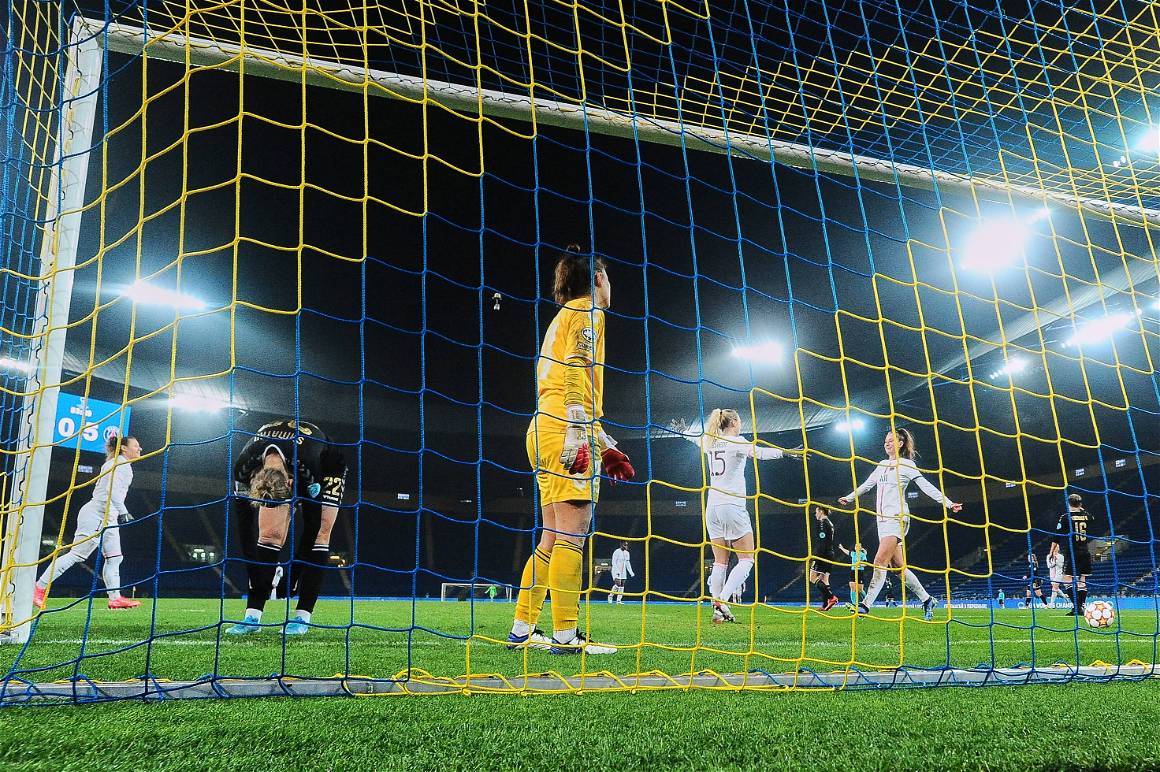
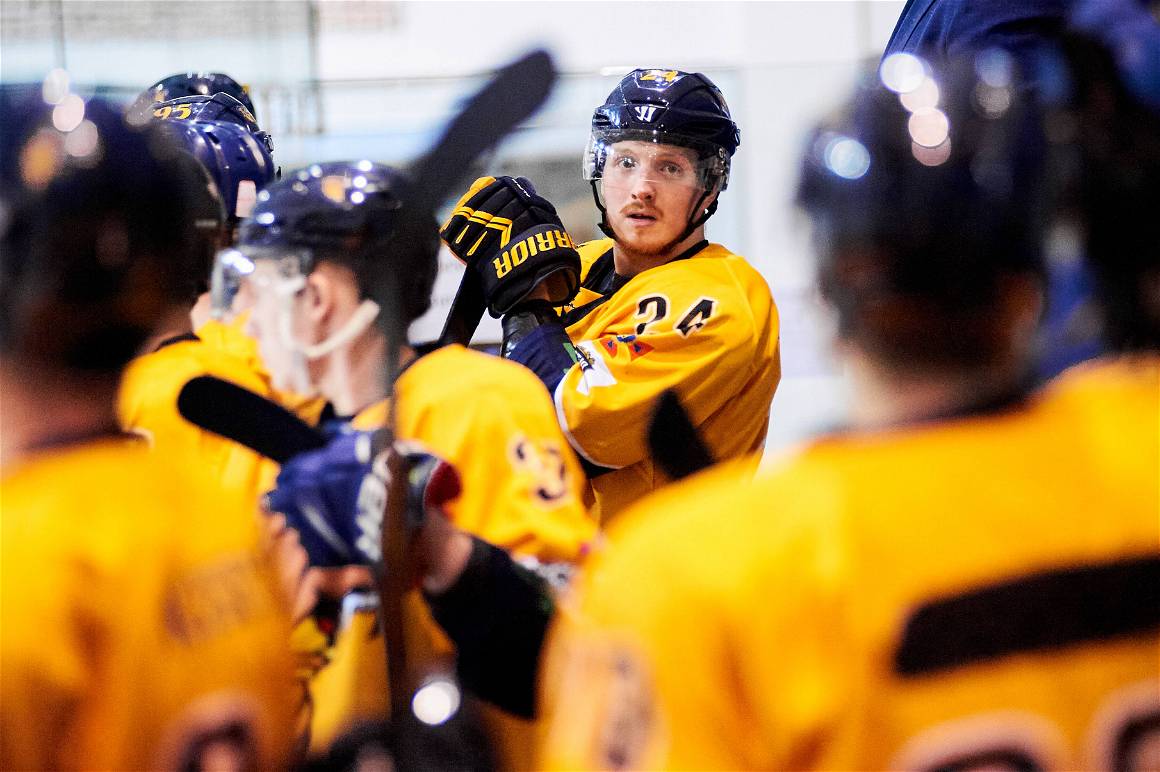
You photograph a lot of Ukrainian sports leagues as well — can you tell us a bit about your photography career and what interests you as a photographer?
I like photographing sporting events. Thanks to Shakhtar Donetsk, I turned from a family photographer into a sports one. The Donetsk press team gave me accreditation for soccer matches in 2018.
The main purpose of shooting – to answer 3 questions: who am I photographing, where am I photographing and why am I photographing it? Every athlete takes their time to develop physically, it is their personal feat at 3 years old, 15 years old, and 30 years old, and my job is only to show the success of that athlete.
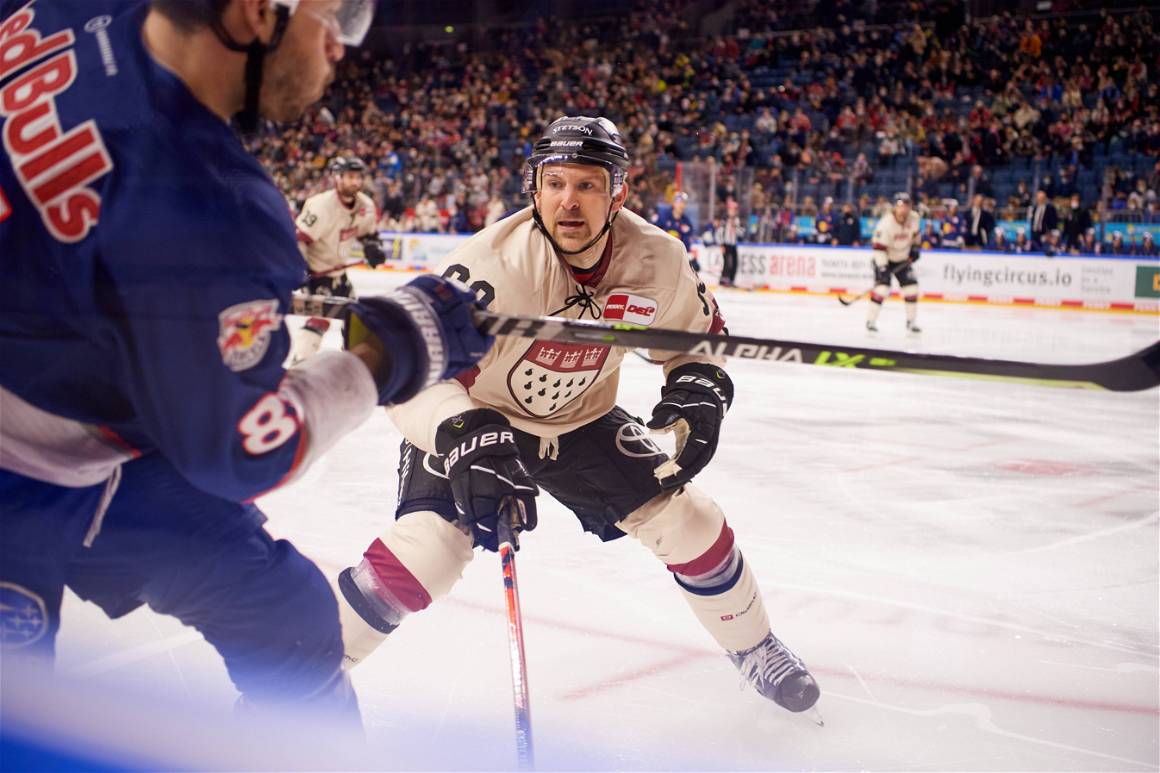
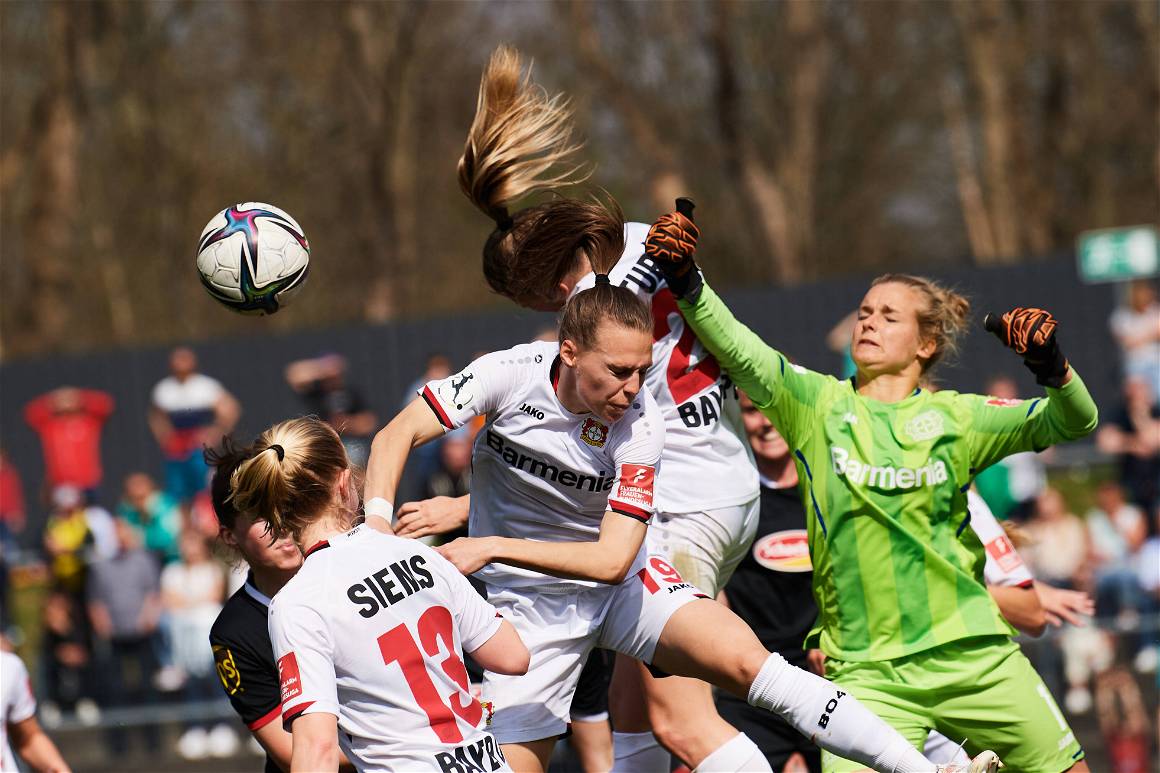
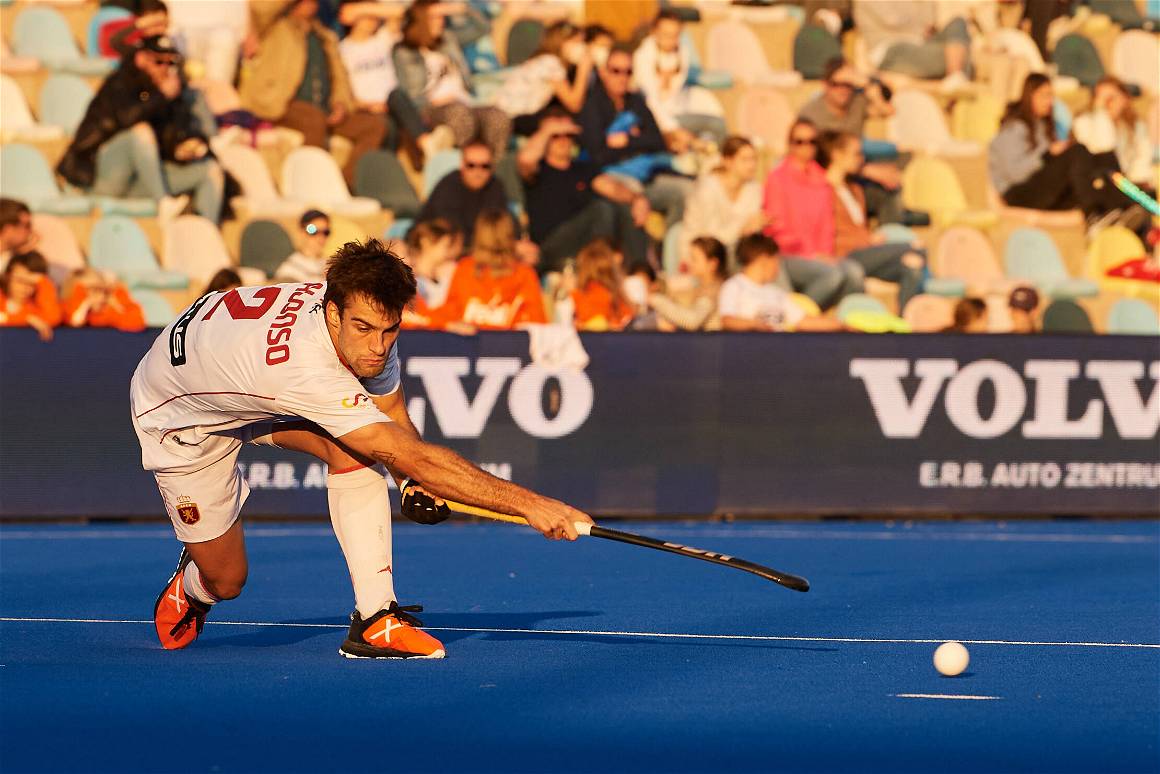
You have also started photographing in Germany now that you are here. How have you been adjusting to this new reality?
In 2014 I had already lost the job I loved and had to make a living from my hobby. But this time I don’t plan to change my qualifications. Thanks to Bayer Leverkusen, the Kölner Haie, and Bayern Munich, these teams accredited me and gave me the opportunity to take pictures again. It’s emotionally hard to take pictures knowing that shells are bursting in my homeland. But I hope that soon the war will be over and it will be possible to work with normal emotions. Also many thanks to Nikon for their support. Their reverent care gives me a foothold for my work!
Is there anything else you would like to say?
I want this war to be over!
